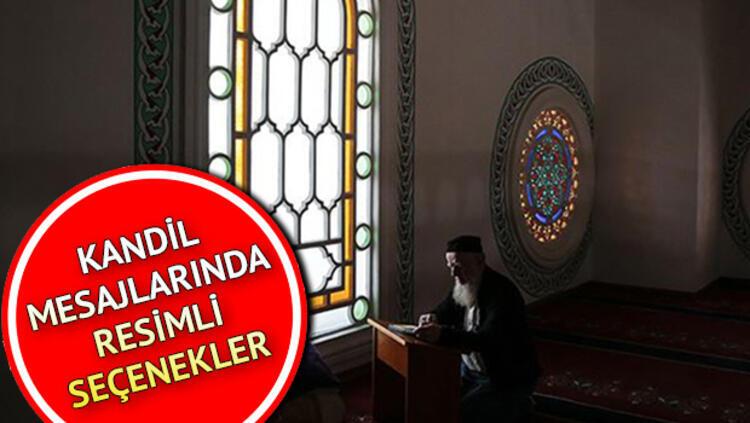The talks took place on the initiative of the Turkish side.
“The issue of Syrian interaction was discussed in detail. The importance of efforts to implement the Stabilization and Association Agreement in Idlib and Aisephrate was emphasized. The leaders also exchanged views on the political settlement in Syria, including the involvement of third-country guarantors of the Astana process,” the statement said. .
The Presidents also spoke about Libya, including the prospects for further normalization of the situation and the intensification of peace talks between the Libyan parties.
“In addition, there was talk of developments in the Nagorno-Karabakh conflict zone. Russia was deeply concerned about the ongoing hostilities and the increasing involvement of terrorists from the Middle East in the fighting.”
“Vladimir Putin informed about the contacts with the leadership of Azerbaijan and Armenia and the steps taken to speed up the ceasefire and the de-escalation of the crisis,” the statement said.
“It was agreed to continue coordination between the foreign and defense departments of Russia and Turkey, as well as between the intelligence services of the two countries,” the Kremlin said in a statement.
Intense fighting resumed in the Nagorno-Karabakh conflict on September 27.
Azerbaijani forces are reportedly being assisted by Turkish armed forces officers and Turkish-organized Syrian militants.
Baku rejects any solution that would allow Armenians to retain control of Nagorno-Karabakh.
There have been hostile relations between Azerbaijan and Armenia since the 1990s, when there was a war over Nagorno-Karabakh, a predominantly Armenian population.
Nagorno-Karabakh, which was part of the Azerbaijani SSR during the Soviet era, has been a “de facto” independent Armenian republic since the early 1990s. Although Azerbaijan has not controlled Nagorno-Karabakh since the collapse of the USSR, it considers the Armenian region to be its territory. Nagorno-Karabakh is also considered by the international community to be part of Azerbaijan, and no country has recognized the region as an independent state.



/data/photo/2020/07/24/5f1a25b0dbf97.jpg)
